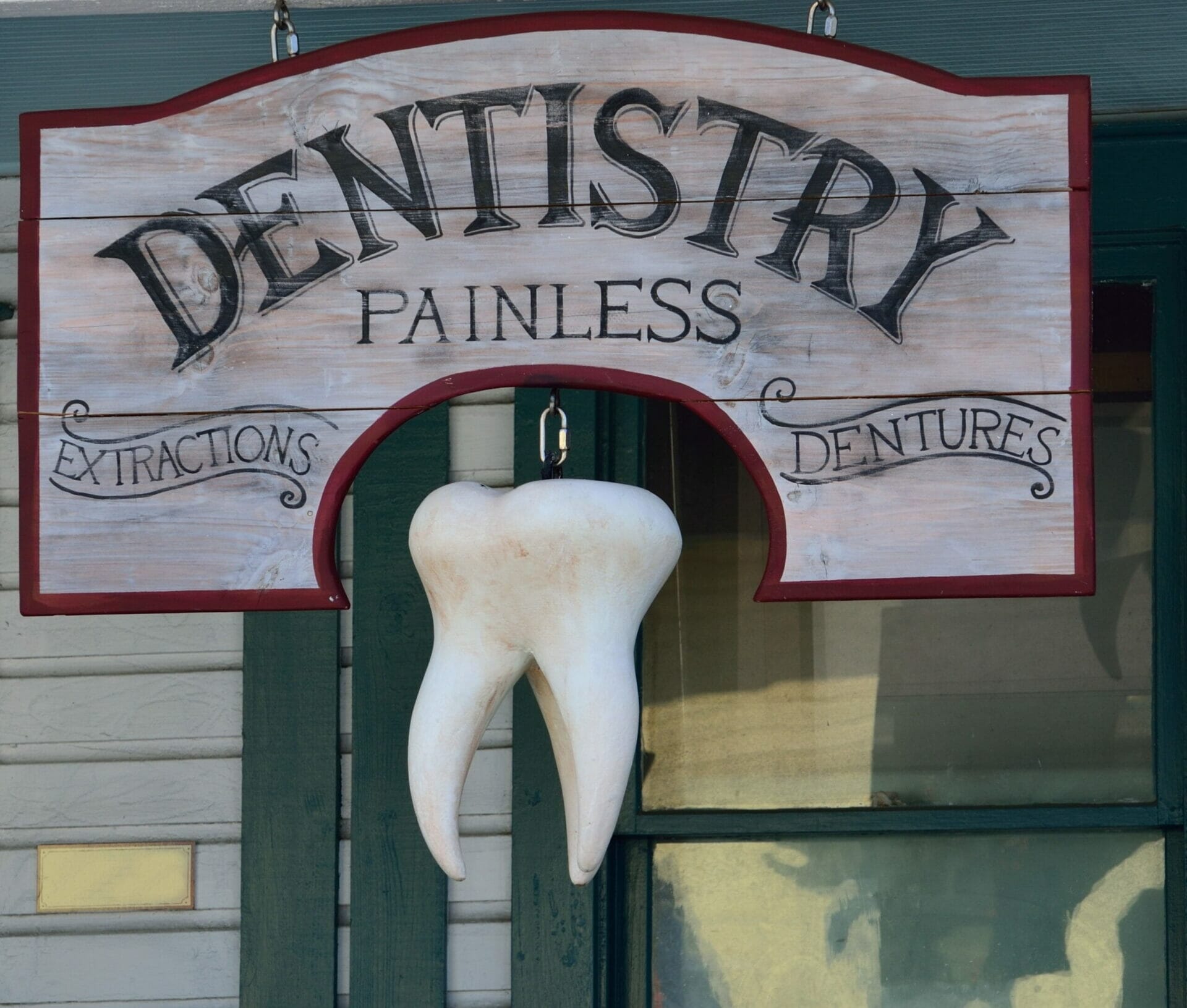
Wisdom tooth removal is a common procedure for teenagers between 12 and 18 years of age. A small percentage of adults will have their wisdom teeth removed in their 20s or 30s. I see a lot of patients at our office for wisdom tooth assessment and the most common question is, "does it hurt?".
Wisdom teeth come in two varieties: erupted and un-erupted (a large percentage of these un-erupted teeth are, or will become, impacted). This is important because erupted wisdom teeth are fairly easy to remove and post-operative healing is comfortable and predictable. In contrast, un-erupted wisdom teeth must be removed surgically. Post-operative healing from this procedure can require medication for pain management to ensure patient comfort.
To understand what you might feel after wisdom tooth removal, let's briefly discuss the healing process.
After wisdom tooth removal, the socket or "hole" where the tooth was must fill in with bone. Additionally, your gums must heal to cover the site. This process can take 2-6 weeks.
During this period, you will likely need to manage your diet to avoid sharp or brittle foods that can irritate healing sites. Salt water rinsing on a regular basis helps to clean the site. Additionally, your Family Dentist may provide you with rinsing syringes to access healing sites for proper cleansing.
When patients ask about pain, they want to know if the procedure is painful and they want to know if post-operative healing will be painful. Your Dentist will come up with a pre-treatment game plan to ensure you stay comfortable and happy.
Wisdom tooth removal should never be painful. Proper numbing with local anesthetic will keep you comfortable during wisdom tooth removal. Unfortunately, local anesthetics do not block pressure sensation. Patients do feel pressure during tooth removal. For many patients, this is not unpleasant to them. For some, the pressure makes them feel uncomfortable. Importantly, dental sedation is available to enhance patient comfort during treatment.
So, now, on the the topic of post-treatment discomfort...
Your Family Dentist or Oral Surgeon in Kitchener will be the best judge regarding how much post-treatment discomfort you are likely to feel. Accordingly, they will prescribe a pain control regimen to keep you comfortable. Sometimes this will involve pain control medications. I commonly make a post-operative care call to patients following wisdom tooth extraction. I also provide patients with my personal cell phone number so they can reach me if they need to. This allows for open communication during the healing process. Importantly, it ensures that we can respond to help patient who are uncomfortable.
In Dentistry, planning is everything. If you are fully numb, wisdom tooth removal should be painless. Additionally, a well outlined post-treatment plan will minimize the likelihood that you feel discomfort during healing.
I hope that you have found this article useful and thank you for reading!
If you would like to request a consult with me regarding wisdom tooth removal, please click here.
This article is intended to promote understanding of and knowledge about general oral health topics. It is not intended to be a substitute for professional advice, diagnosis or treatment. Always seek the advice of your Kitchener Dentist or other qualified healthcare provider with any questions you may have regarding a dental condition or treatment.
Services
Routine Dentistry & Tooth Repair
Oral Surgery & Tooth Removal
Prosthetic Dentistry & Tooth Replacement
Protective/Preventive Services
Teeth Whitening
Schedule an Appointment Now
